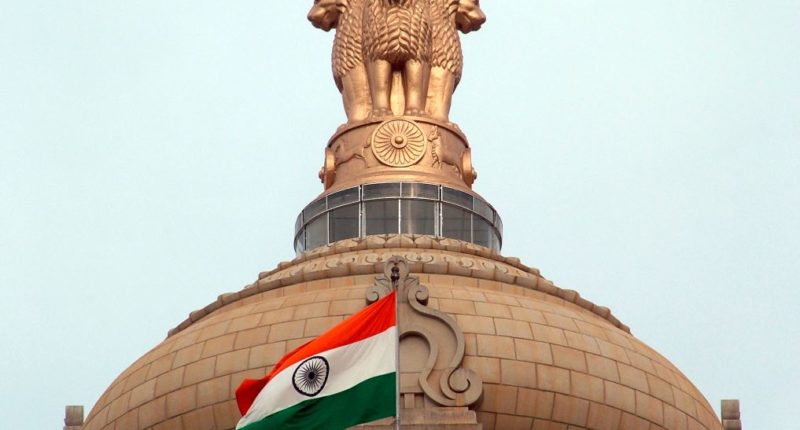Indian government has recently come in light with regards to how Internet laws are being made and practiced in the country. In 2019, India became the country with the highest number of internet shutdowns. And it seems like there’s more in store, as rules faced by social media companies could get stricter.
The the Ministry of Electronics and IT (MeitY) proposed changes to the Information Technology (Intermediaries Guidelines) Rules under Section 79 of the Information Technology Act, 2000 to make social media firms more accountable of their actions, back in 2018. The Rule 2018, as it was later named, specifies that intermediaries must inform to the users of the computer resource about the Rules and regulations and privacy policy so as to not to host, display, upload, modify, publish, transmit, update or share any information which might affect public health and safety and Critical Information structure, amongst many other changes.
However, the government has recently announced that only social media companies will be affected by these decisions and other ecommerce and streaming companies like Netflix should not worry about content takedown, traceability and grievance officer.
This came after industry associates and cloud companies objected to the decisions, as they were worried about coming under the radar even though the changes were proposed to curb the spread of misinformation on social media platforms, something they had no connection with. IT industry lobby group Nasscom and Amazon Web Services (AWS) said last year that the rules should only apply to social media companies and not to technology intermediaries such as cloud platforms and the IT and business process management (BPM) sectors.
The company said that it will be unfair to impose laws on intermediaries that do not apply to them. After the clarification from the government, companies like Facebook, Youtube and TikTok are expected to be the most affected by these new laws.
Companies will be notified of the new draft of the laws by January 15, MeitY said in an affidavit to the Supreme Court.





